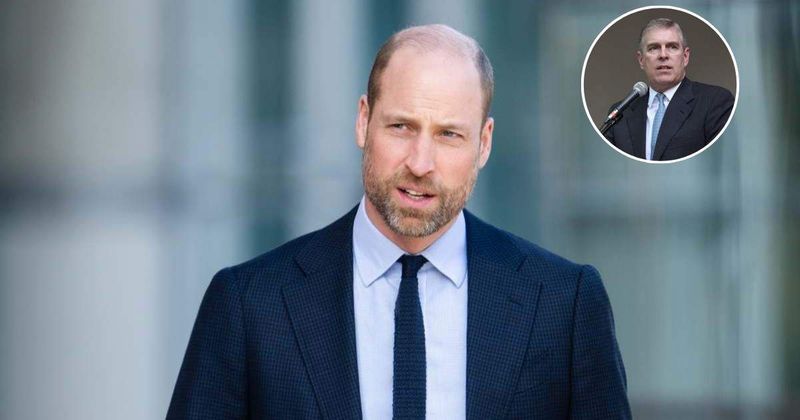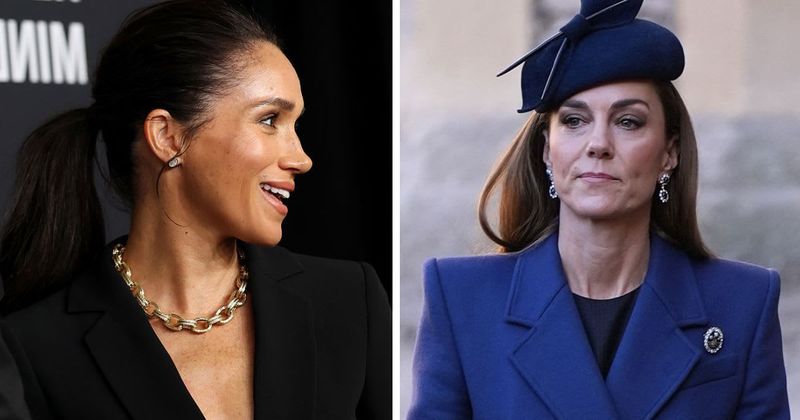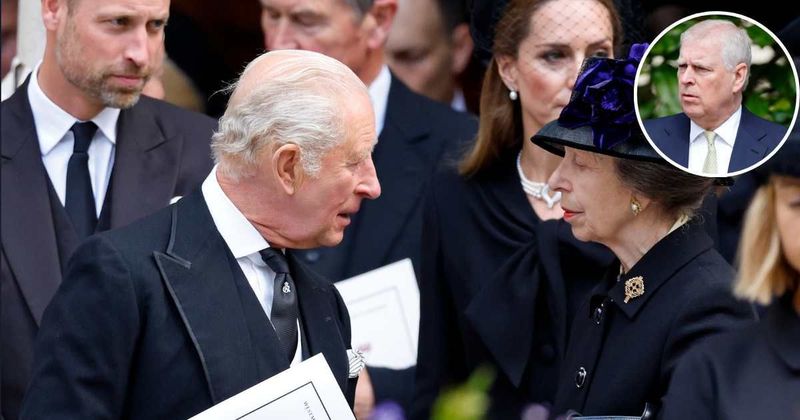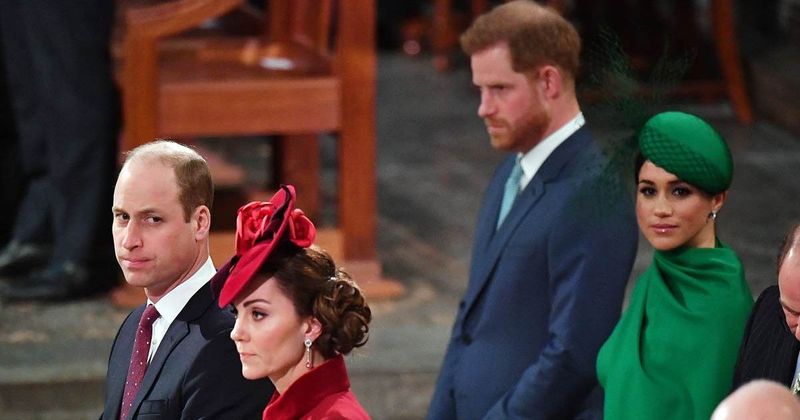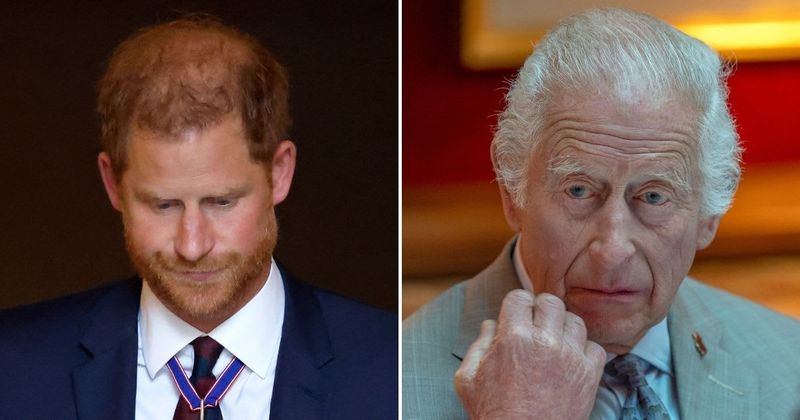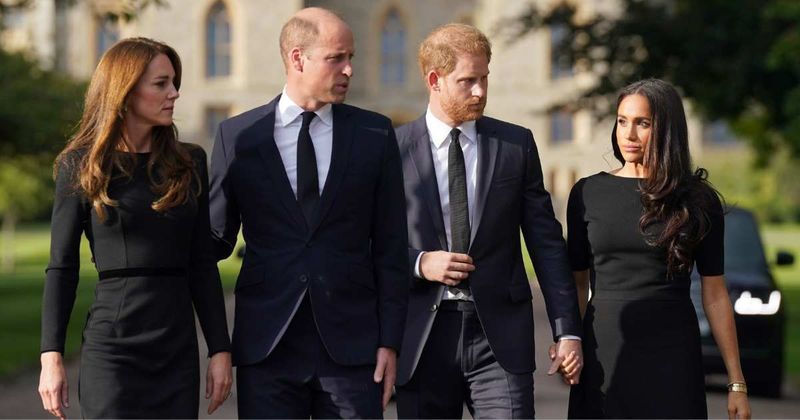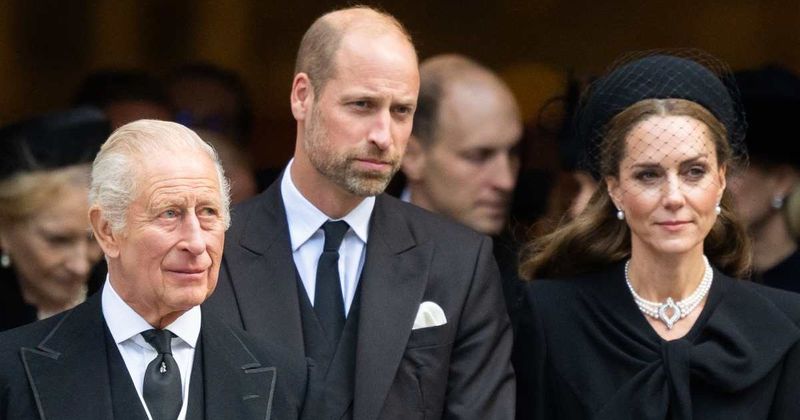Prince Andrew Could Lose His Royal Title If William Enforces a Little-Known Rule When He's King
While it seems far-fetched, the answer is yes, though it would take quite a bit of constitutional maneuvering and a Royal Assent from the King.
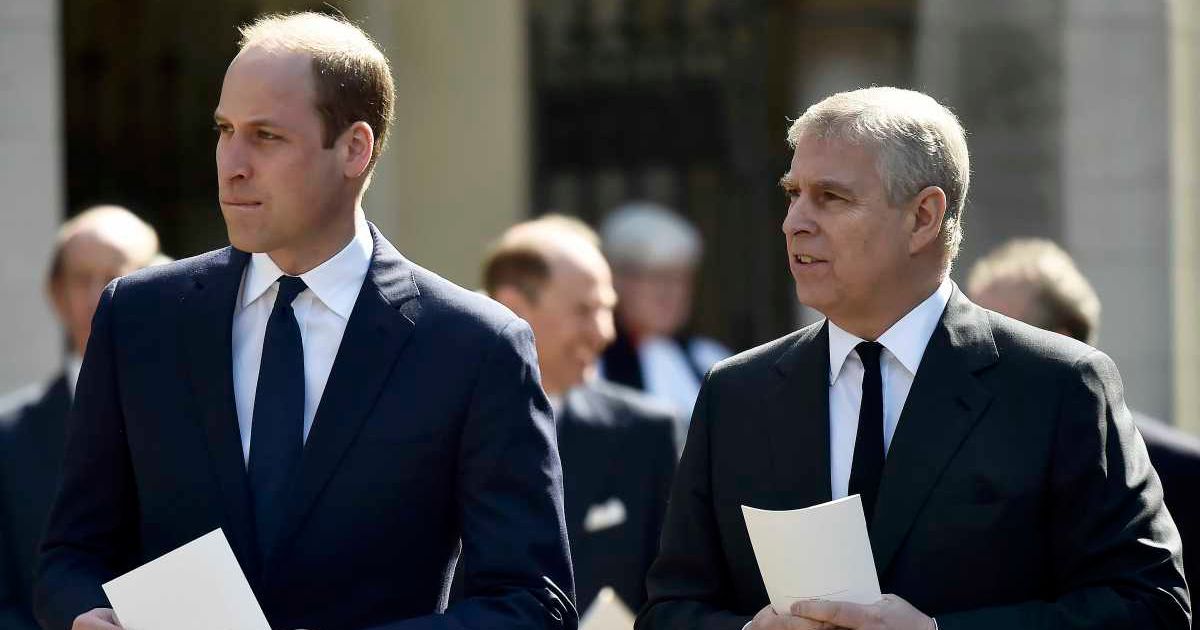
As the Crown navigates choppy waters with a new book about Prince Andrew's relationship with Jeffrey Epstein, one thorny question looming on the horizon is whether he can be stripped of his royal titles when Prince William ascends the throne. While it seems far-fetched, the answer is yes, though it would take quite a bit of constitutional maneuvering, a good dose of political will, and, naturally, Royal Assent from the King himself. And insiders suggest that this is likely, just not while Charles is still King.
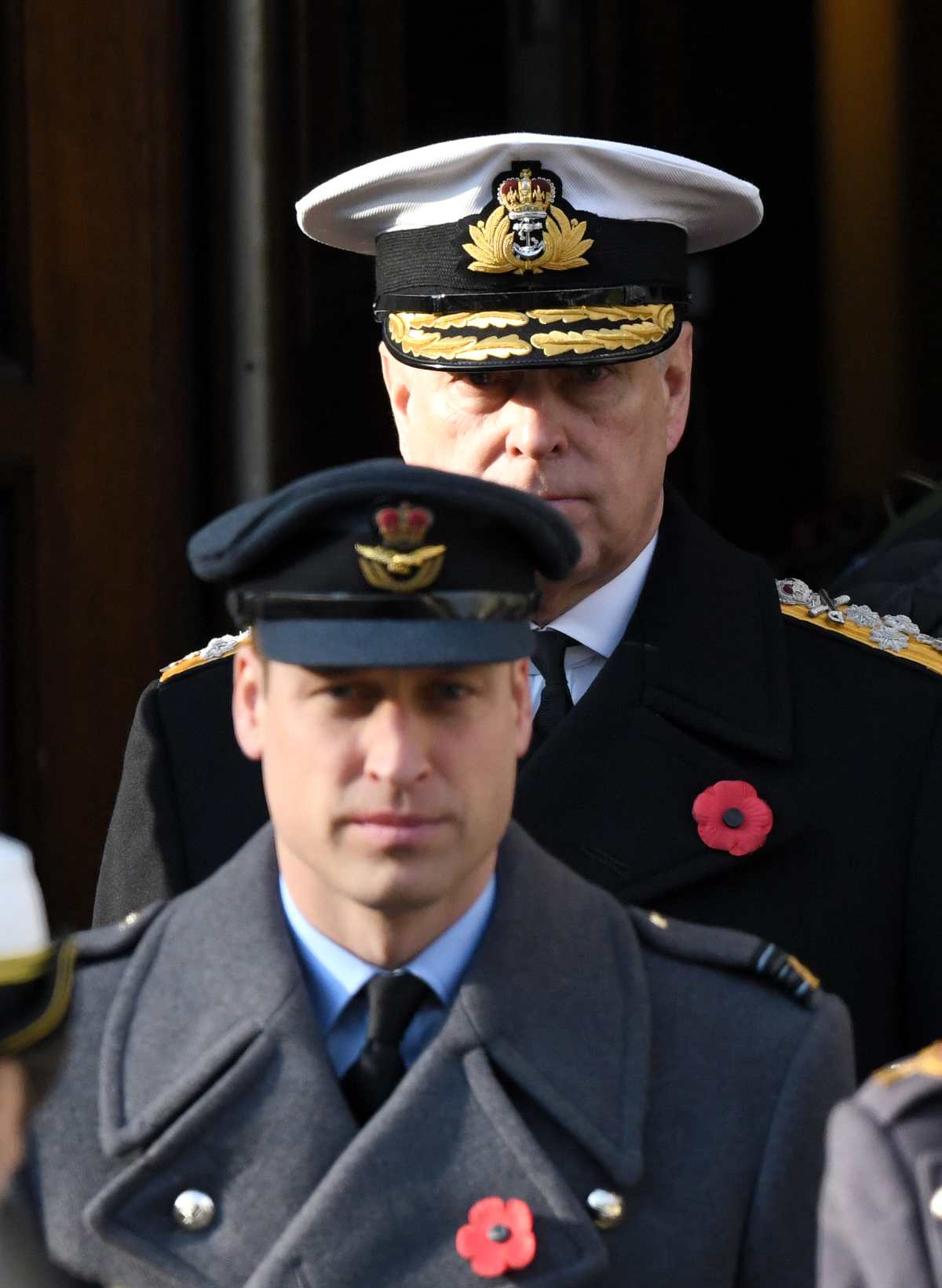
A source recently told The Telegraph, “Is it likely at this point? No. But is it possible? Yes.” While Charles has largely chosen to park the issue, there’s growing speculation that it could be his son, William, the heir apparent, who finally draws the line by stripping his uncle’s title. The mechanics for un-princing Andrew are complex but technically possible. Parliament could legislate to revoke titles, a King could issue new Letters Patent to alter who is entitled to be called Prince or Princess, and a government-backed bill could erase a dukedom. Christopher Wilson, a royal biographer, and historian, sees this possibility brewing. He opined, “With William, it will be a different approach; he has hard-nosed ideas about how the royal family needs to appear in the frenzied social media world we now inhabit, and I think he will be ruthless.”
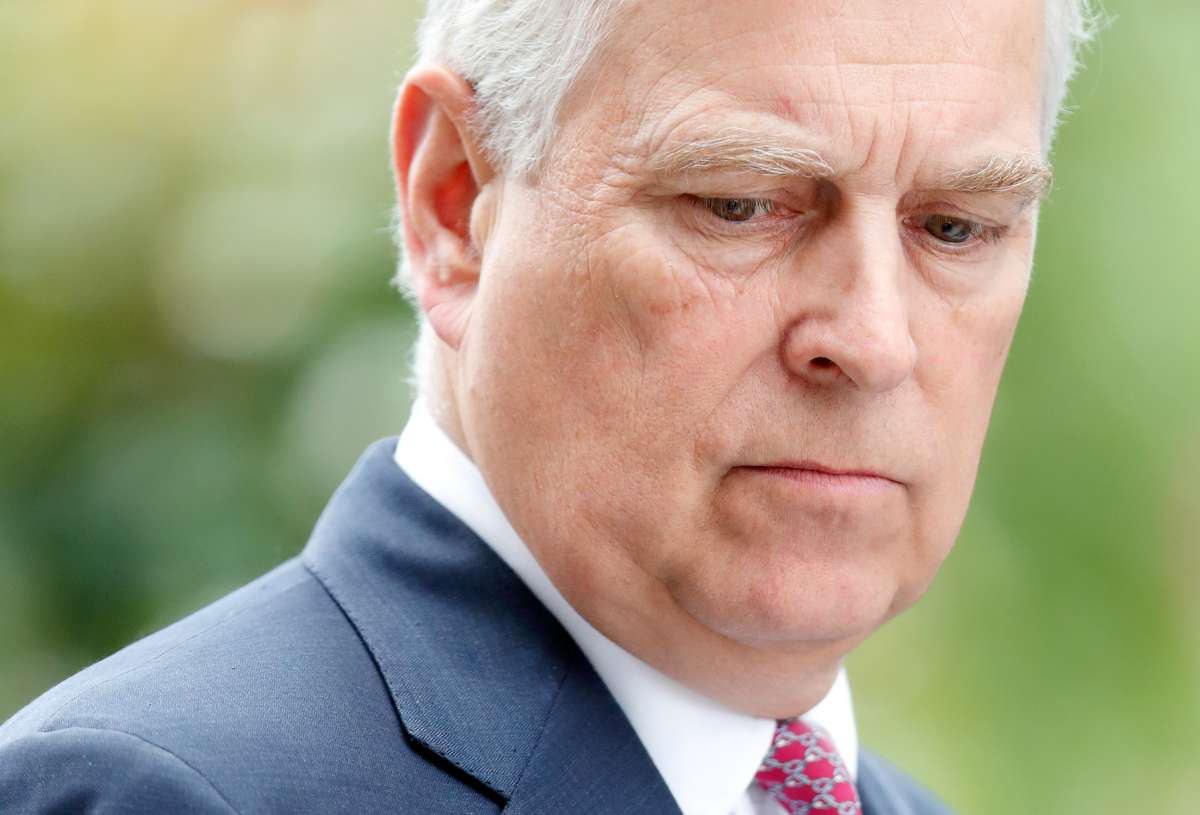
For now, Andrew remains in a strange royal limbo, still technically HRH, still Duke of York, and still a Prince, even though his public role has been completely extinguished. This year, the Waleses were a conspicuous no-show at Windsor’s St. George’s Chapel, as Andrew attended Easter Service. According to one former Palace staffer quoted in Andrew Lownie’s new biography, 'Entitled: The Rise and Fall of the House of York,' there may be even more scandals to come. “There are dozens if not hundreds, more unwise connections to uncover from Andrew’s years in the [trade envoy] role.” That prospect alone is enough to make royal advisors shuffle uncomfortably in their summer deckchairs, as per the Daily Mail.
The idea that the late Queen’s second son could one day be stripped of his 'Prince' title sounds dramatic. But constitutionally, it’s possible. A previous example was King George V’s 1917 Letters Patent, which formally laid out who gets to be called Prince or Princess. This could be revised by a future monarch. However, some insiders suggest such a move would be less controversial if pushed through Parliament instead. “If there was a serious move to take [a title] away, particularly at that level, you do it through both houses,” one source said, to The Telegraph.
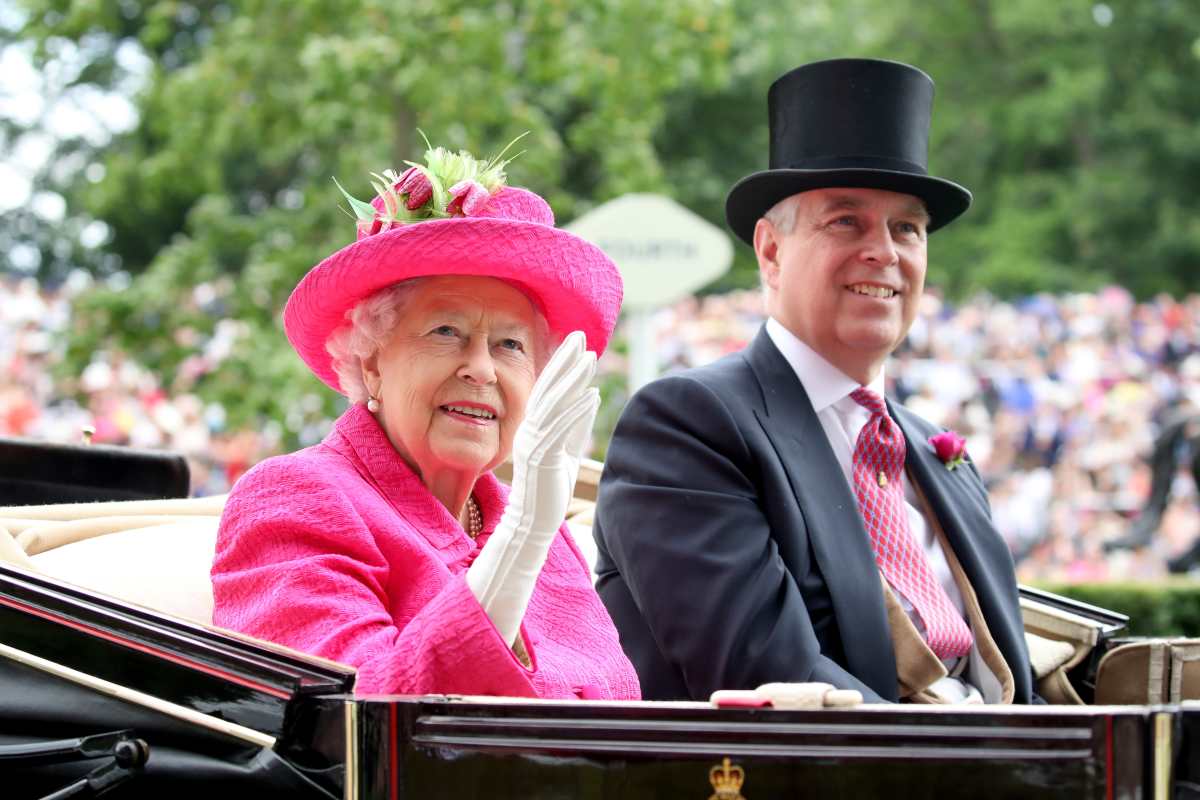
The late Queen Elizabeth took a quieter approach. Andrew was allowed to show up for family events, but kept firmly off the official calendar. Charles initially followed that model, though his patience seems to be running thinner, especially since the 'siege of Royal Lodge' turned into a drawn-out housing standoff.
The tipping point may come when public opinion truly sours. A recent YouGov poll put Andrew’s popularity at just 9%, lower even than Prince Harry and Meghan Markle. His links to Epstein and financial murkiness have only deepened his royal exile. Still, for now, he technically remains Prince Andrew.

